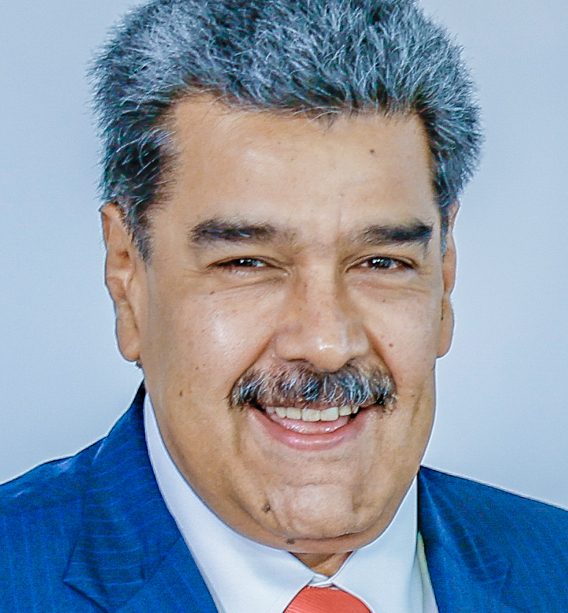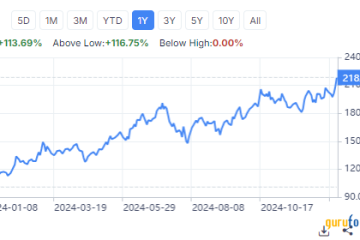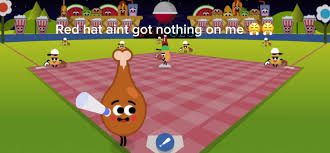Understanding Nicolas Maduro’s Leadership in Venezuela

The Significance of Nicolas Maduro
Nicolas Maduro has been a pivotal figure in Venezuelan politics since he took office in April 2013 following the death of Hugo Chávez. As the President of Venezuela, Maduro’s leadership has been marked by controversy, economic turmoil, and social unrest, making him one of the most discussed leaders in Latin America today.
Current Political Climate
Venezuela has been facing a profound crisis characterized by hyperinflation, political instability, and mass emigration. The International Monetary Fund estimated that the inflation rate in Venezuela was over 300% in 2022, exacerbating the humanitarian crisis as millions of Venezuelans struggle with food and medical shortages. The Maduro government has been criticized for its authoritarian practices, electoral irregularities, and human rights violations. In 2021, opposition leader Juan Guaidó declared himself interim president, a move that was backed by several Western nations, but lacked sustained popular support on the ground.
International Relations and Sanctions
Maduro’s administration has faced increased sanctions from the United States and the European Union, aimed at crippling the government’s access to international financial markets. These measures have exacerbated the economic challenges facing the nation. However, Maduro has sought to strengthen ties with countries like Russia and China, which have provided political and economic support. Notably, Venezuela’s vast oil reserves have attracted interest amidst global energy demands, even as the nation struggles to maintain production levels amid U.S. sanctions.
Looking Forward
As Venezuela prepares for its upcoming presidential elections in 2024, many wonder what the future holds for Maduro’s government. Polls indicate a disillusionment among the populace, with many expressing a desire for significant change. Early elections had been anticipated to address public concerns but the Maduro administration has shown resistance to substantial reforms, which may impact their legitimacy in the forthcoming electoral processes.
Conclusion
Nicolas Maduro remains a polarizing figure, and his continued leadership underscores the broader issues of governance, human rights, and international relations in Venezuela. As the situation evolves, it is imperative for citizens and international observers alike to stay informed about the implications of Maduro’s policies on the nation and the region. How Venezuela will emerge from its current state remains uncertain, but the consequences of Maduro’s leadership will undoubtedly shape its future for years to come.









